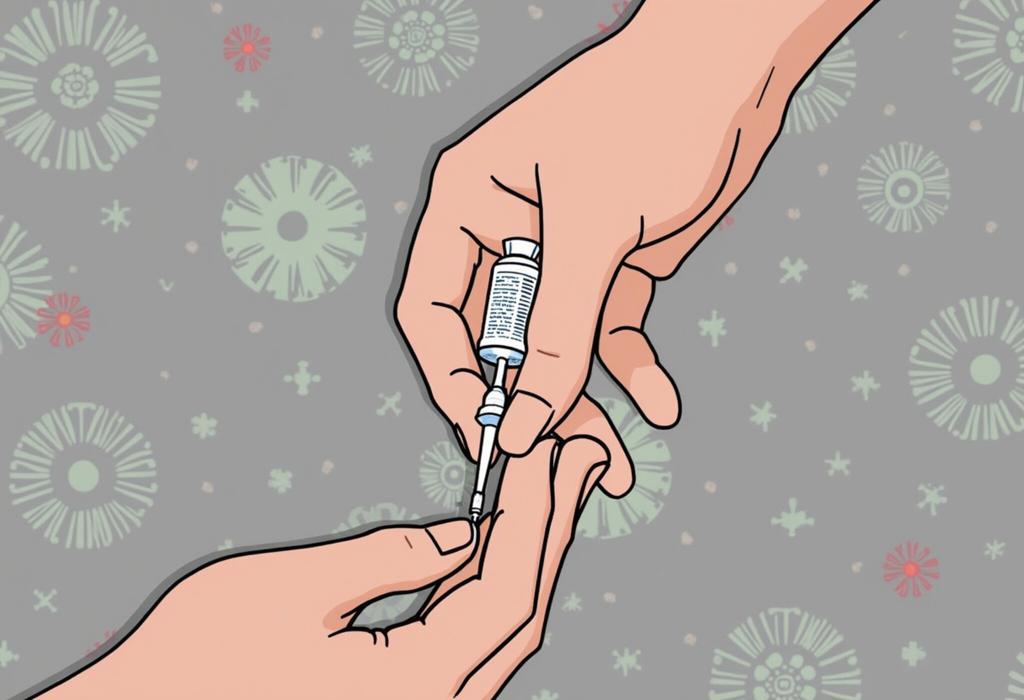The controversy surrounding vaccine skepticism within the Trump administration continues as the CDC plans a large-scale federal study examining a debunked 'link' between vaccines and autism. Appointing David Geier, a known vaccine skeptic with a history of flawed studies, to lead this study has sparked significant concern within the scientific community. Experts warn that Geier's dubious credibility and past sanctions undermine the integrity of the research. Criticism from scientists like Elisabeth Marnik and Dr. Eric Burnett highlights the widespread disbelief in the administration's decision, pointing out that vast existing data worldwide disproves any association between vaccines and autism. This study is seen not only as a waste of resources but also as potentially harmful, reigniting stigma and distrust in the healthcare system. The move is perceived as politically motivated, raising questions about the administration's transparency and scientific integrity. Amidst this divisive issue, the call for reliance on credible scientific data and trusted healthcare providers is more crucial than ever. As misinformation spreads, maintaining informed, evidence-based discussions about vaccinations becomes increasingly necessary to protect public health.
AD
AD
AD
AD
Bias Analysis
Bias Score:
85/100
Neutral
Biased
This news has been analyzed from 18 different sources.
Bias Assessment: The article presents a predominantly critical view of the Trump administration's decision, highlighting skepticism about their motives and decision-making. It strongly emphasizes the scientific consensus against the vaccine-autism link and discredits David Geier's role based on past controversies, showing a clear bias against the administration's actions. The bias is furthered by a lack of perspectives supporting the study, resulting in a high bias score. The repetition of the term 'debunked' and the critical tone regarding political influences contribute to this high score.
Key Questions About This Article




